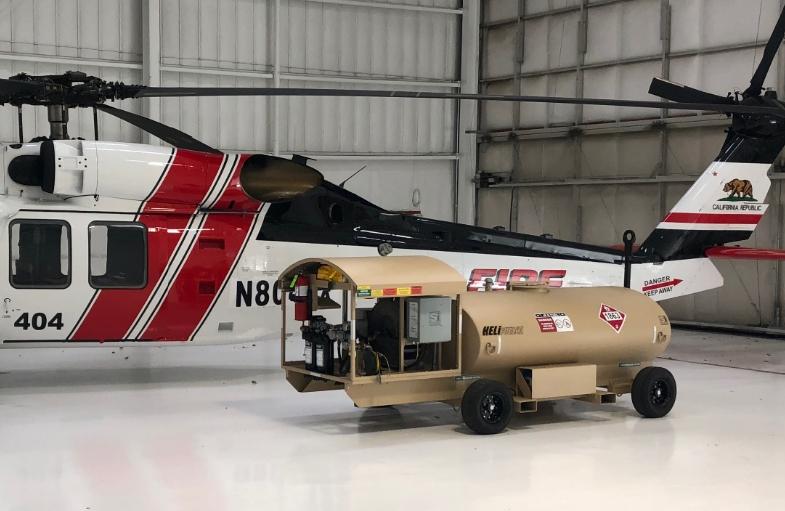Fuel doesn’t just burn in engines. It burns through budgets too. When it comes to the aviation sector, poor decisions around fuel management can quietly sabotage the bottom line. The aircraft fuel system isn’t just a technical component. It’s a budget minefield when mishandled. Below are the most expensive blunders companies keep repeating and the avoidable mess they leave in their wake.
● Ignoring Fuel Tracking Technology
Some operators still rely on old spreadsheets or mental math to track usage. That’s like trying to measure turbulence with a teacup. Without precise tracking tools, fuel data becomes foggy, and the fog tends to clear only after monthly losses stack up.
Real-time monitoring systems exist for a reason. They don’t just track volume. They reveal patterns, inefficiencies, and supply chain hiccups before they become financial headaches.
● Overlooking Fuel Quality Checks
Quality control has become non-negotiable in the aviation sector. Contaminated fuel affects more than engine performance. It leads to unplanned maintenance, delays, and sometimes even safety concerns. Every aircraft fuel system has its thresholds, and poor-quality fuel stresses them fast.
Skipping quality checks or cutting corners in supplier vetting is a quick way to invite expensive repairs. It’s not just about the fuel you buy. It’s about the fuel you’re willing to accept.
● Inconsistent Refueling Procedures
Standardized processes may seem bureaucratic. But they are required since inconsistent refueling methods often lead to chronic inefficiencies. When procedures differ across crews, shifts, or locations, errors creep in. One refuels to the max, another plays it too safe, and the accounting team wonders where the margin disappeared.
● Poor Storage and Handling
Fuel doesn’t just degrade in the tank. It loses value before it even gets there if mishandled. Improper storage conditions, leaks, and sloppy transfer methods are surprisingly common and disproportionately costly.
Most losses in this category aren’t dramatic and are usually small, frequent, and maddeningly invisible until the audit. A cracked house, a corroded valve, or just sloppy oversight adds up faster than expected.
● Neglecting Environmental Conditions
Fuel performance is affected by temperature swings, humidity, and altitude. But companies often treat environmental factors as afterthoughts. This is a mistake, especially in operations that span multiple climates or altitudes.
By not adjusting for these variables, aircraft end up carrying too much or too little fuel, impacting efficiency and safety.
● Lack of Staff Training
You can’t expect the right results from people who haven’t been shown how things work or why they matter. When staff members are undertrained in fuel procedures, errors spike. These errors are rarely technical but expensive. It is tempting to rush onboarding or rely on informal methods. But those shortcuts generate costs that far outweigh the time saved.
Conclusion
Fuel management isn’t about overcomplicating things. It’s about noticing what’s being ignored. Most companies don't suffer massive one-time losses. They bleed through small, habitual mistakes no one questions. The aircraft fuel system is a sensitive part of the operation, and how it’s managed says a lot about a company’s financial awareness.

